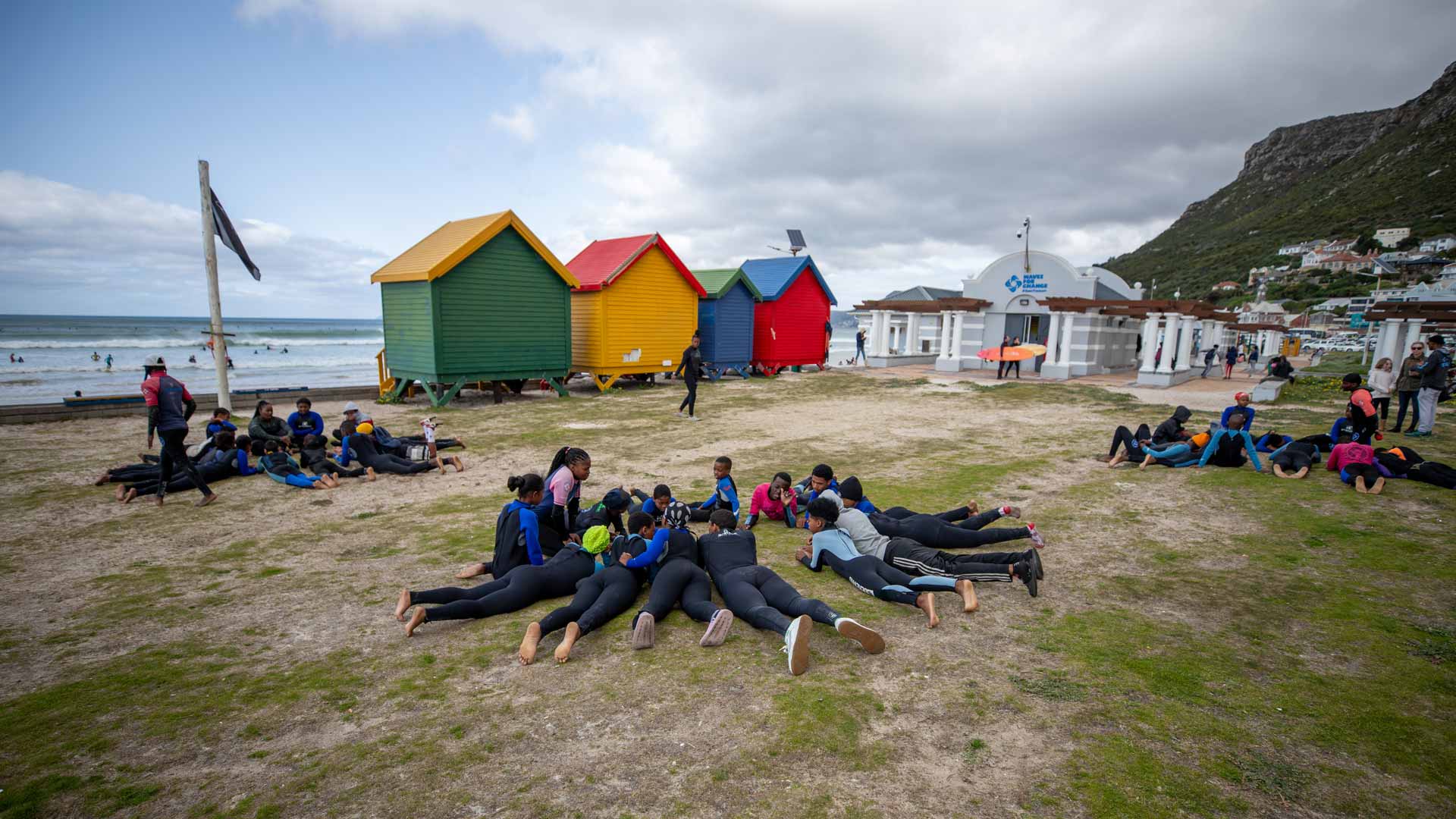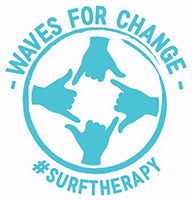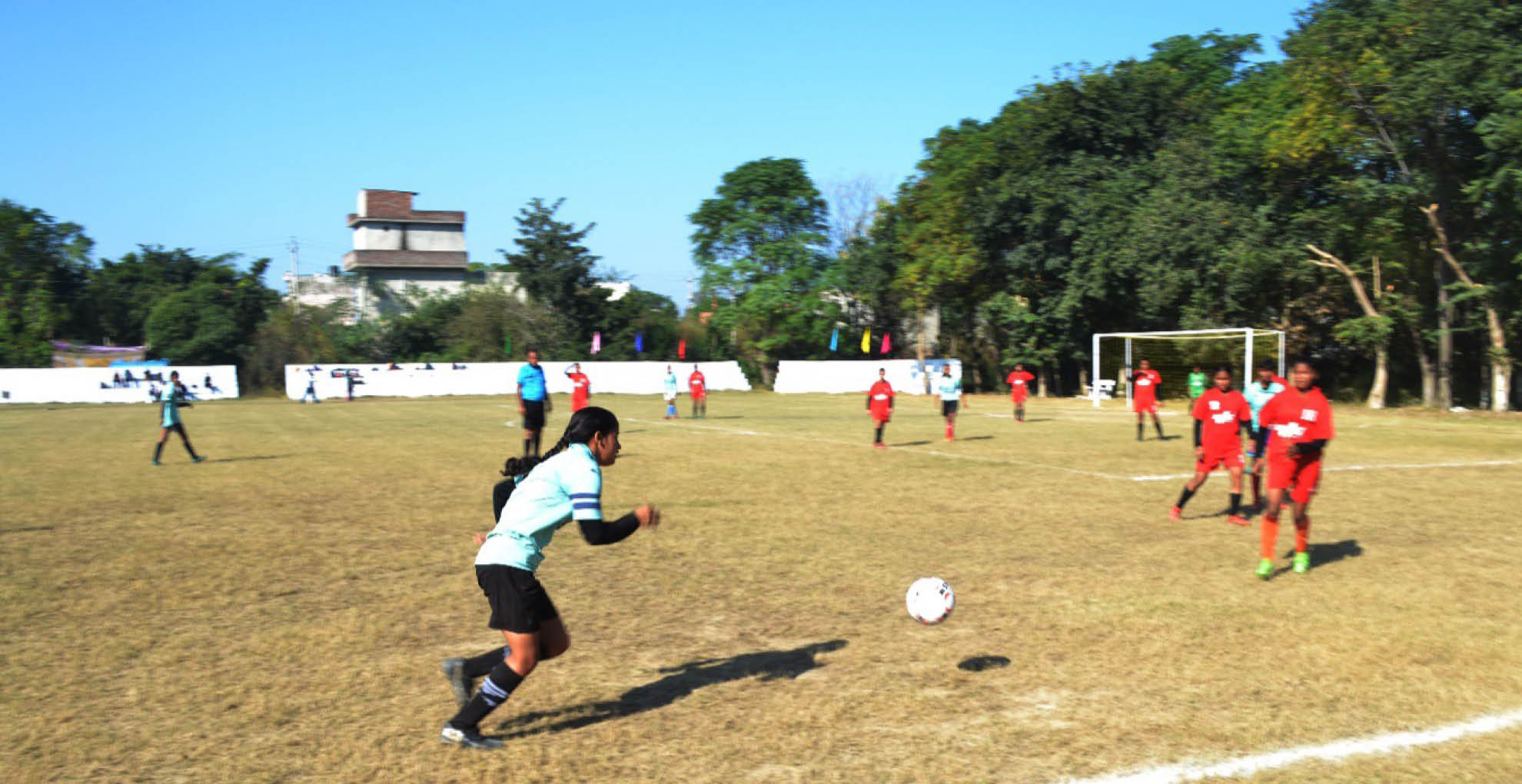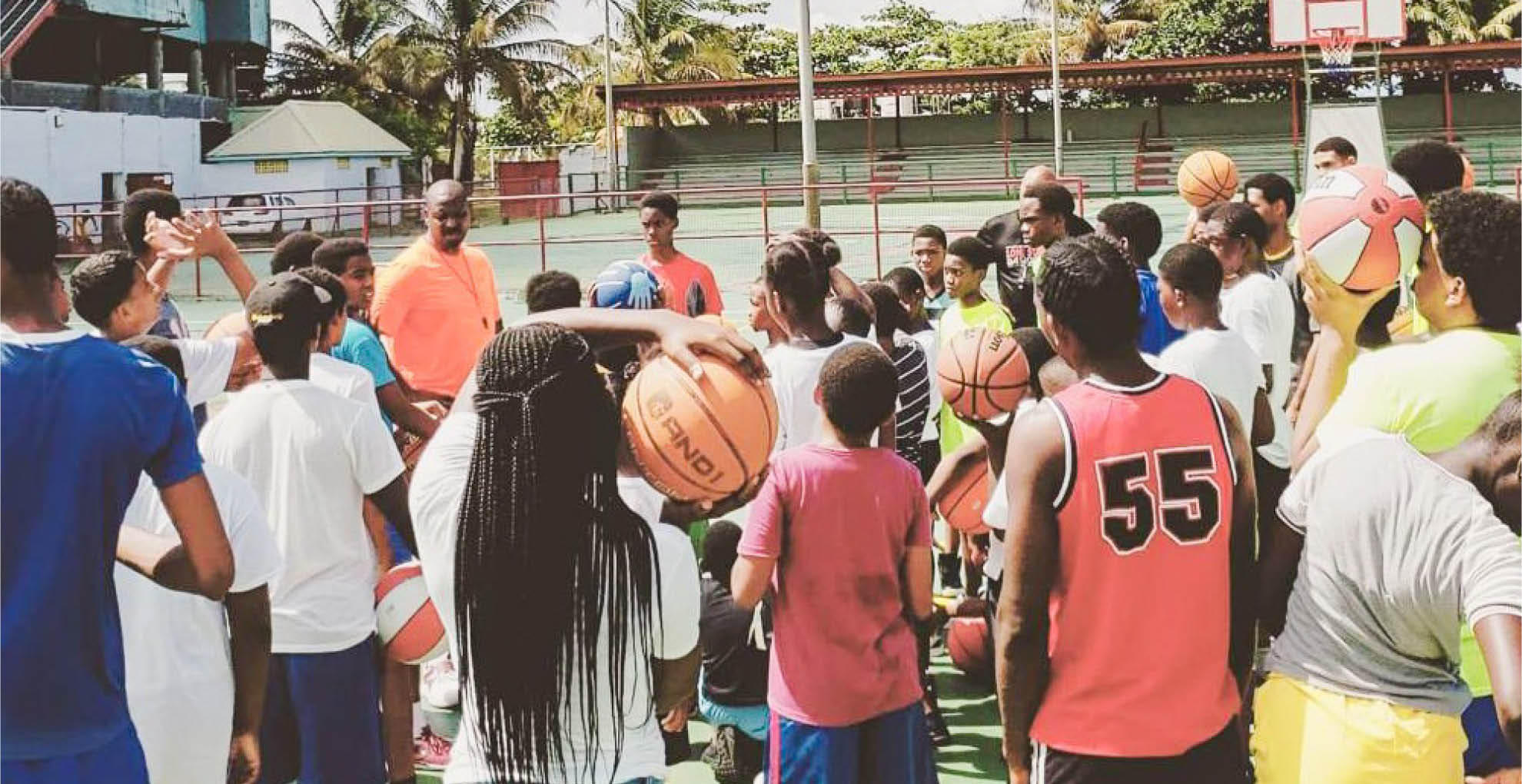Waves for Change [with Laureus Sport for Good Foundation] (2024)

In brief
Waves for Change provides a foundation for sustainable livelihoods development for children and young adults who have and continue to experience adverse living conditions and who live in communities where levels of trauma and violence are high and continuous.
Problem to be tackled
Adolescence is a period of peak onset for mental health conditions: 50 percent of lifetime mental health conditions – particularly depression and anxiety – have an origin before the age of 14. Overall, there is a massive shortage of mental health services in South Africa and other low-income communities across the world. In South Africa, mental health services are extremely thinly spread, expensive and mostly focused on treating small numbers of people in clinical settings. Mental health conditions are also highly stigmatised, meaning that community members are often reluctant to make use of services that might be available to offer them support or respite.
To add to this, young people who are already living in conditions of severe and ongoing hardship are at high risk of developing toxic stress. Toxic stress wears away at children’s nervous systems. This makes it difficult for children to control emotions such as anger, to sustain focus and to set goals for the future. In the longer term it significantly increases risk for a wide range of teen-onset illnesses such as substance misuse, anxiety, and depression. Because children with toxic stress have difficulty concentrating and sleeping well, they also struggle to make decisions, remember, and carry out planned tasks. This can contribute to children dropping out of school and being associated with antisocial groups. It can also result in young adults with very poor prospects for entry into the workplace.
Local partner
Waves for Change works with children aged 10-16 years intervenes early, whilst children’s brains are still flexible and developing. They prevent toxic stress responses and promote wellbeing and mental health during adolescence, to ultimately prevent mental health conditions developing. The informal and fun-focused programme builds children’s mental health through giving them skills to cope with stress and improving their ability to regulate both emotions and behaviour. It also improves interpersonal and intrapersonal skills and provides the space for children to make positive life choices.
Waves for Change aims to increase the number of children and young people living in adverse environments who have access to culturally relevant mental health support and that experience positive wellbeing. They work towards building a generation of young adults who emerge with strong tools and strategies that allow them to manage their emotions, build relationships of trust and safety, and plan for their own futures.
The surf therapy programmes are currently delivered across five beach hubs in South Africa (3 Western Cape sites: Muizenberg, Monwabisi, Hout Bay, and 2 Eastern Cape sites: Gqeberha and East London); these beach hubs have strong relationships with a range of schools, social development and health partners who are trained in identifying and referring children to the surf therapy programme.
Beneficiaries
Waves for Change works with previously disadvantaged, under-served communities where access to critical resources, such as mental health services, are scarce; approximately 90% of referrals to the Waves for Change programme comes from Quintile 1, schools which cater for the poorest 20% of South African children, across the most under-served communities in South Africa, access to and uptake of healthcare services is extremely limited.
SOL’s contribution
With the continued support from The SOL Foundation, Laureus Sport for Good will be able to continue the support for Waves for Change in South Africa to mainly increase the number of children and young people living in adverse environments with access to mental health support for their wellbeing and health.
Project partner
Laureus Sport for Good Foundation

Laureus Sport for Good uses the power of sport to end violence, discrimination and disadvantage for children and young people all around the world. It supports currently more than 200 programmes in over 40 countries with funding and capacity building, helping to change the lives of over 200’000 marginalised and disadvantaged children and young people – from increasing access to education, to tackling gang violence, to supporting the mental health of youth in post-trauma situations.
Laureus Sport for Good was founded under the Patronage of Nelson Mandela, in line with his belief that “sport has the power to change the world” after seeing it play a crucial role in rebuilding post-apartheid South African society.


